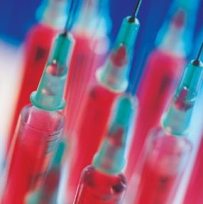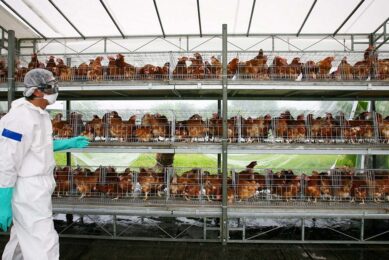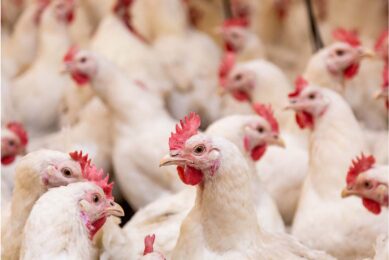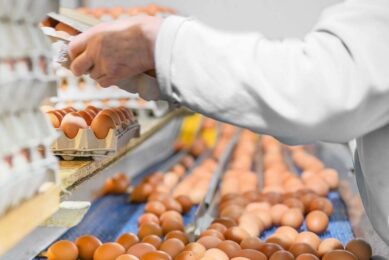New vaccine against H5N1 bird flu

A vaccine against the H5N1 bird flu virus has been tested by researchers at the University of Pittsburgh’s Center for Vaccine Research. The vaccine has shown promising results.
According to a study published by the Public Library of Science, the vaccine, engineered by Novavax Inc., produced a strong immune response in mice and protected them from death following infection with the H5N1 virus. The vaccine is being tested in humans in an early-phase clinical trial.
“While worldwide avian flu control efforts have been mostly successful, avian flu, like seasonal influenza, mutates year to year, creating new subtypes and strains that could easily and quickly spread among humans,†said Ted M. Ross, Ph.D., lead author of the study and assistant professor, Center for Vaccine Research, University of Pittsburgh.
Safe alternative for human vaccine
The vaccine uses virus-like particles (VLPs) that are recognised by the immune system as a real virus but lacks genetic information to reproduce, making it a potentially safer alternative for a human vaccine. Given the evolving nature of H5N1, the vaccine was engineered to encode genes for three influenza viral proteins to offer enhanced protection against possible new strains of the virus.
Mice immunised twice with the vaccine developed protective antibodies against H5N1 and were protected from disease and death when directly exposed to the virus. The researchers also compared modes of vaccine administration by delivering the vaccine to the muscle or the nose. Both methods were effective; however, mice injected with the vaccine through the muscle developed more antibodies in the blood, while mice that received the nasal administration had more antibodies in their lungs.
“VLPs may be advantageous over other vaccine strategies because they are easy to develop, produce and manufacture,†said Ross. “Using recombinant technologies, a vaccine effective against the current circulating strain of virus could be manufactured within 12 weeks, making it a cost-effective counter-measure to the threat of an avian influenza pandemic.â€
Related links:
Join 31,000+ subscribers
Subscribe to our newsletter to stay updated about all the need-to-know content in the poultry sector, three times a week. Beheer
Beheer








 WP Admin
WP Admin  Bewerk bericht
Bewerk bericht